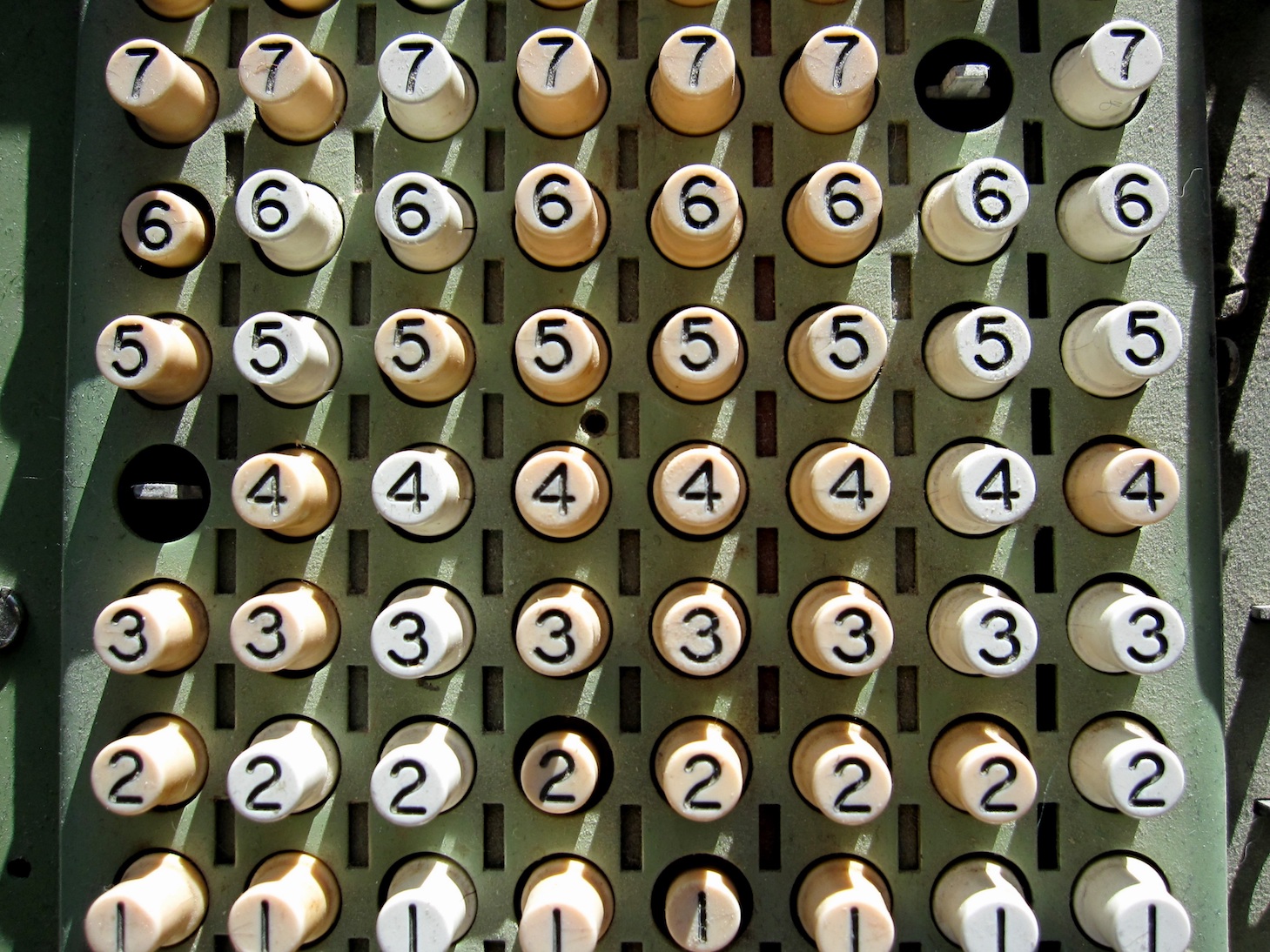Feng Shui, an ancient Chinese art, has been guiding people for centuries in creating harmonious and balanced living spaces. This practice, deeply rooted in the philosophy of connecting with the natural world, offers more than just aesthetic appeal; it’s about enhancing the flow of positive energy or Qi in our environments.
In this post, we’ll delve into the elemental approach to Feng Shui, exploring how the five elements—wood, fire, earth, metal, and water—can transform our living spaces, not just visually, but energetically.
Feng Shui Basics
Feng Shui, literally translating to ‘wind’ and ‘water,’ is an age-old practice that harmonizes individuals with their surrounding environment. The core principle of Feng Shui is the concept of Qi, the life force or energy that permeates everything. In Feng Shui, the smooth flow of Qi in your living space is crucial for good health and fortune.
Another fundamental concept is the Yin and Yang, representing opposing yet complementary forces. Balancing these energies in your space is essential in Feng Shui, ensuring that neither overwhelms the other.
Understanding the Five Elements
Wood
The wood element symbolizes growth, vitality, and flexibility. In Feng Shui, incorporating wood elements in your space can bring in the energy of renewal and growth. This can be achieved through wooden furniture, plants, or green colors. The wood element is also about flexibility and expansion, reminding us to stay adaptable and open to change.
Fire
Fire represents passion, energy, and transformation. It’s the element of boldness and strength. Integrating fire elements in your space, such as using red accents, lighting, or triangular shapes, can enhance enthusiasm and leadership qualities. However, it’s important to balance it to avoid overwhelming your space with too much energy.
Earth
The earth element brings stability, nourishment, and protection. It grounds and centers the energy in your space. To incorporate the earth element, use earthy tones, ceramics, and square shapes. This element is crucial for creating a nurturing and supportive environment.
Metal
Metal is associated with clarity, precision, and efficiency. It’s the element of logic and intelligence. Incorporating metal elements, such as metal accents, white, or circular shapes, can enhance focus and order in your space. Metal brings a crisp, clear energy that can help in decision-making and organization.
Water
Water represents fluidity, wisdom, and relaxation. It’s the element of calmness and purity. Incorporating water elements, like mirrors, free-flowing forms, or blue and black colors, can bring a sense of tranquility and ease. Water elements are great for spaces where you want to create a peaceful and reflective atmosphere.
The Elemental Cycle
Understanding the elemental cycle is crucial in Feng Shui. This cycle has two parts: the productive cycle, where each element supports another, and the destructive cycle, where one element weakens another.
For instance, water nourishes wood, wood feeds fire, fire creates earth, earth bears metal, and metal enriches water. This cycle helps in creating a balanced and harmonious space by ensuring that the elements support rather than conflict with each other.

Room-by-Room Feng Shui Tips
Applying Feng Shui principles to specific rooms can significantly enhance the energy of your space. In the living room, balance is key.
Incorporate different elements to create a welcoming and comfortable space. In the bedroom, earth and fire elements can promote relaxation and passion, while in the kitchen, wood and metal elements can enhance nourishment and functionality. For a home office, metal elements can boost productivity and focus.
Common Mistakes in Applying Elemental Feng Shui
When embracing Feng Shui, it’s easy to make certain common mistakes, especially regarding the balance of elements. Overemphasizing one element can disrupt the harmony of a space. For instance, too much fire can lead to aggression, while excessive metal might create a cold, unwelcoming atmosphere.
Another common error is overlooking the balance of Yin and Yang. A room too Yang, with bright lights and sharp angles, may feel uncomfortable, just as a space too Yin, overly soft and dark, might seem depressing. Ensuring a balance between these energies is as crucial as balancing the elements.
Simple Tips for Beginners
Starting with Feng Shui doesn’t have to be overwhelming. Begin by decluttering your space, as clutter can block the flow of Qi. Then, introduce elements gradually. You might start with adding a plant (wood) or a small water feature to enhance relaxation.
Pay attention to how these changes affect the feel of your space. Remember, Feng Shui is about creating a space that feels good to you, so trust your instincts and make adjustments as needed.
Feng Shui, particularly its elemental approach, offers a unique and profound way to enhance the energy and aesthetic of our living spaces. By understanding and incorporating the five elements—wood, fire, earth, metal, and water—we can create environments that not only look good but also feel harmonious and balanced.
Whether you’re a beginner or already familiar with Feng Shui principles, remember that the journey to a harmonious home is ongoing and always open to refinement and adaptation.
















